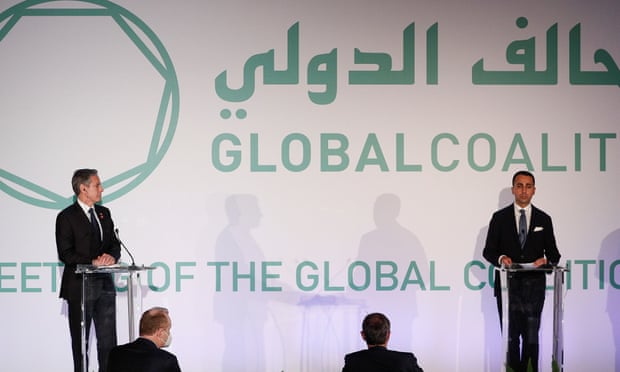The devastation wreaked last week in Mumbai, India’s economic capital, has already been presented as India’s 9/11. Terrorism is far from uncommon in India; this event was given prominence because, for the first time, a significant minority of the victims was western. While Pakistan and Islamist terrorist networks allegedly harboured there were the focus of initial suspicion, it was not long before the media started to point a finger at Islamists with British roots; a link strongly denied by the British Foreign Office. The claims echoed the popular fears that escalated when it was discovered that the perpetrators of 7/7 were “homegrown” – a discovery which seemed to shock the country, proud of its multicultural heritage, to the core, particularly as those responsible seemed to be well-integrated and well-educated British Muslims.
Britain and other western countries undeniably contain within their boundaries minorities engaged in terrorist activity. However, the extent of this has been unjustifiably exaggerated as the press runs scare stories about British Muslims’ involvement in “madrasas” in Pakistan, (considered to be training camps for terrorists), or imams from overseas supposedly importing radicalism and infecting a suggestible cohort of disaffected youth in British mosques. The involvement of highly-educated Muslims in terrorist attacks has led to a perception of British Muslims, especially those at college or recently graduated, as an increasing threat to national security and social democracy, with the cases such as the Yorkshire-based Muslims involved in 7/7 and the Muslim doctors’ involvement in the attack on Glasgow airport, presented as evidence.
Full-text article continues here. (Some news sites may require registration)






